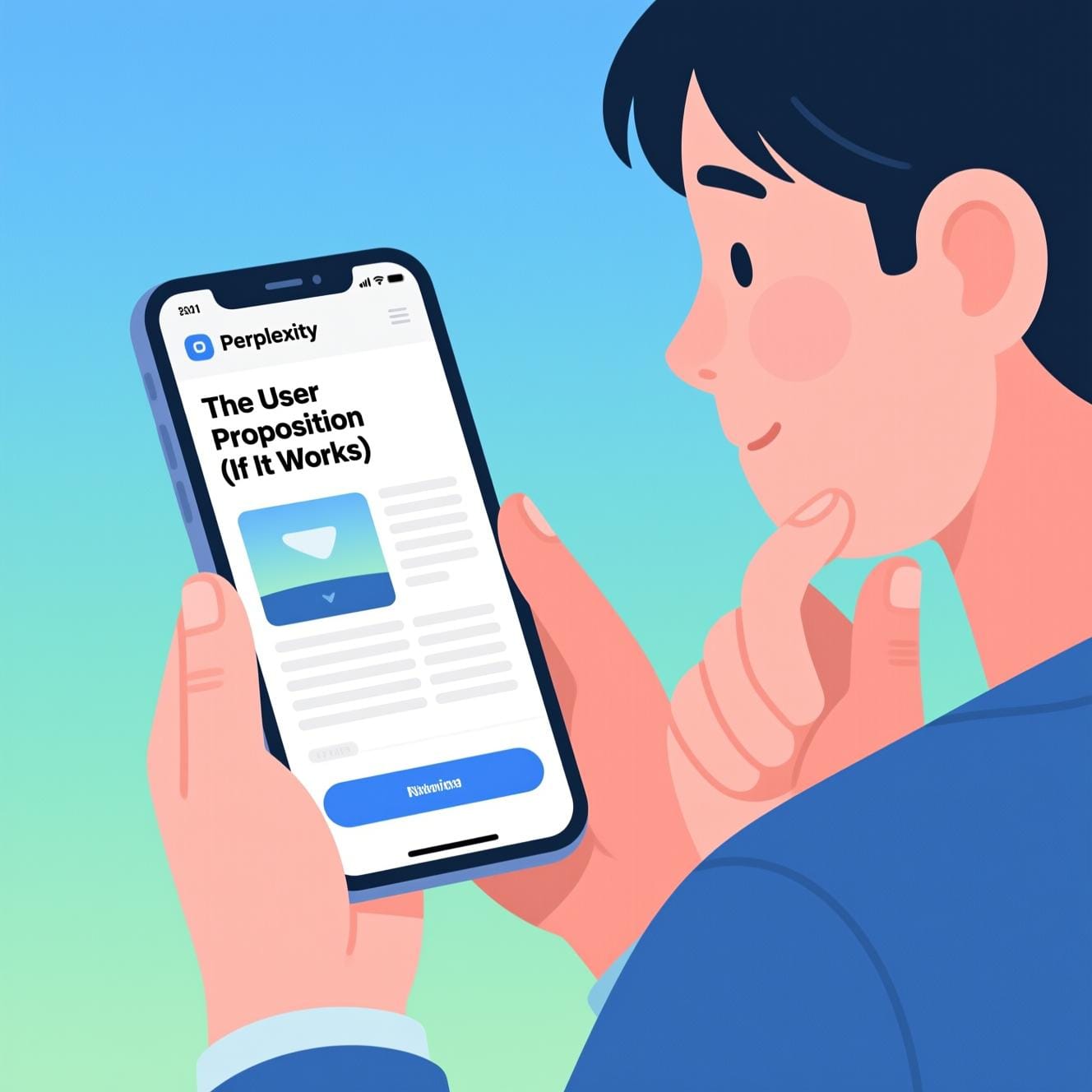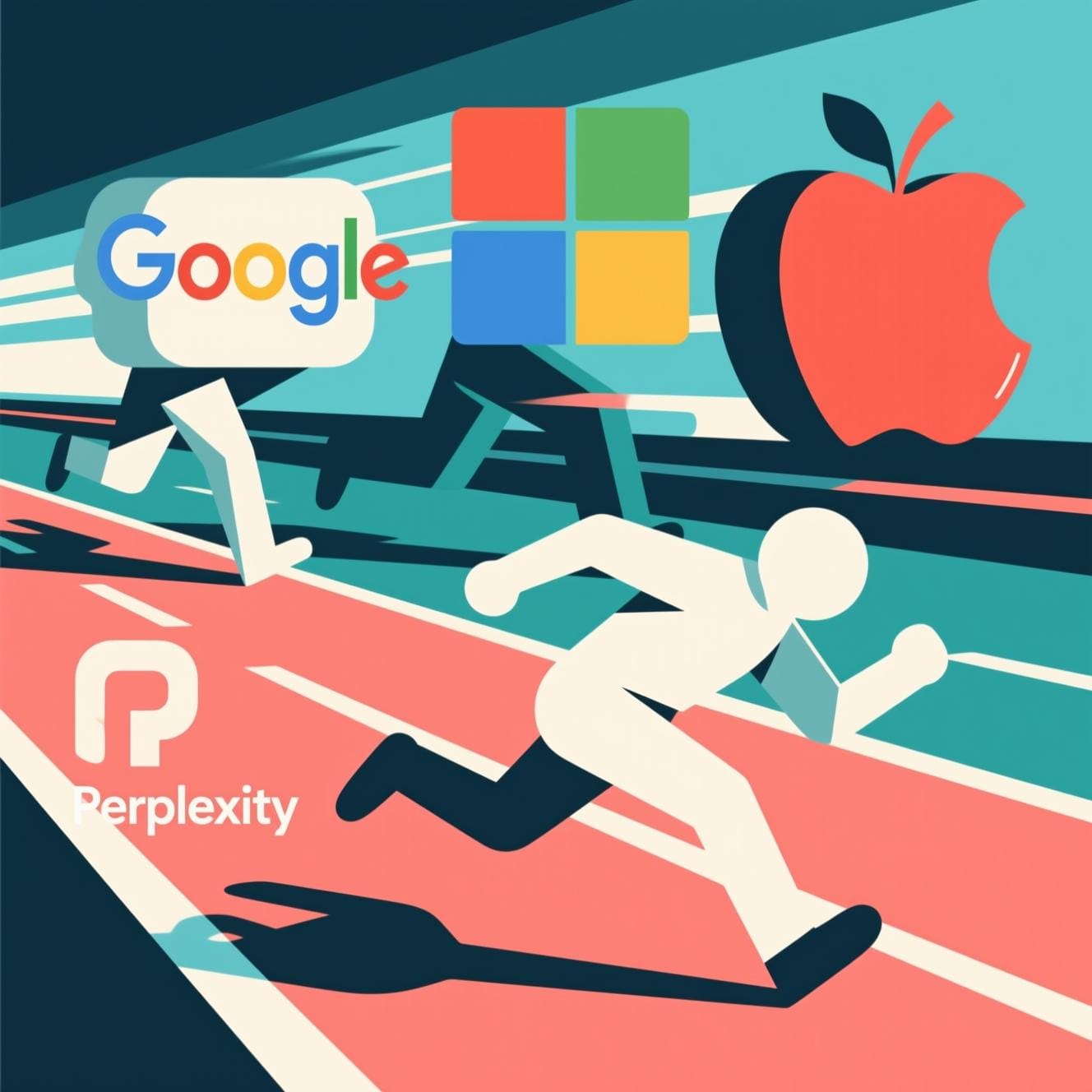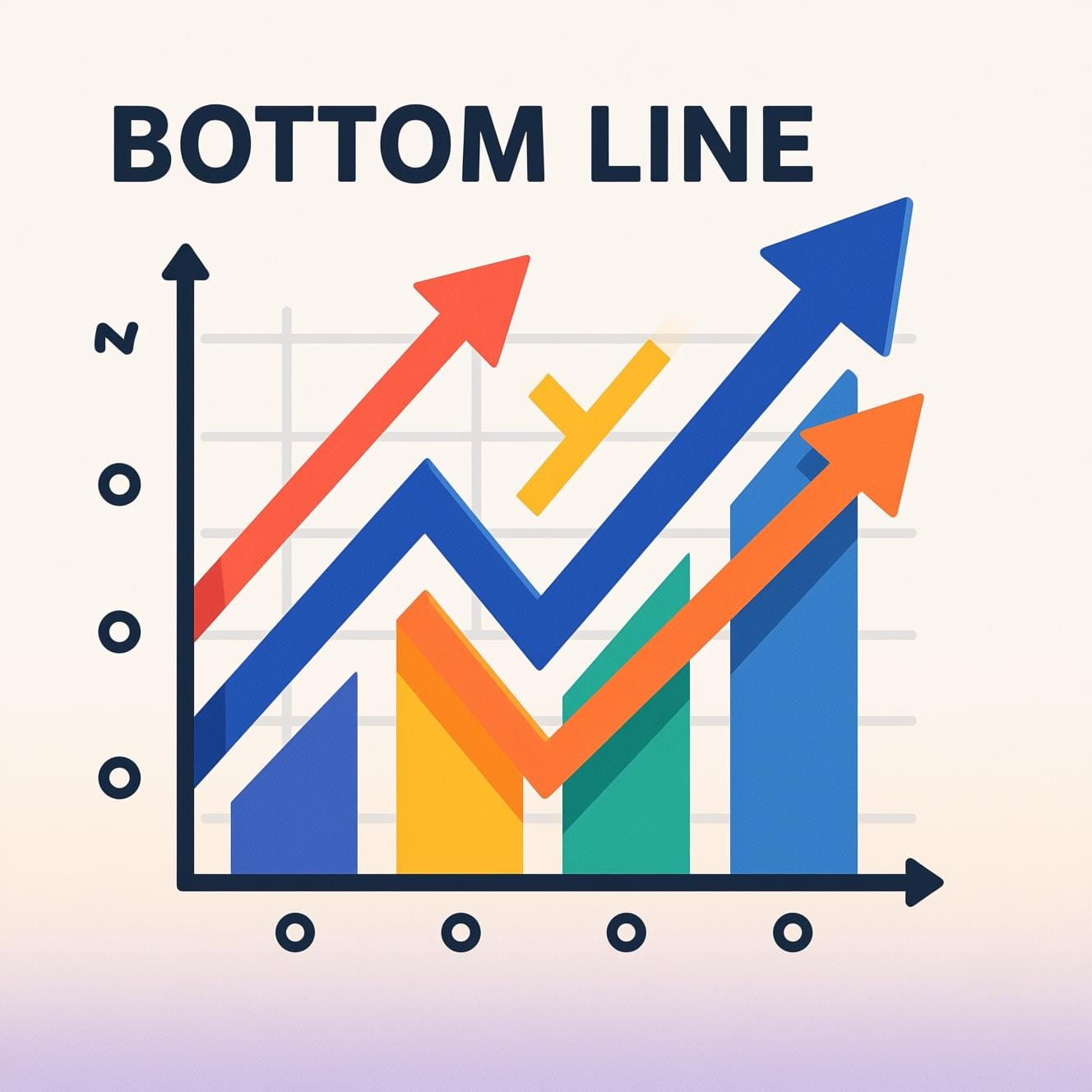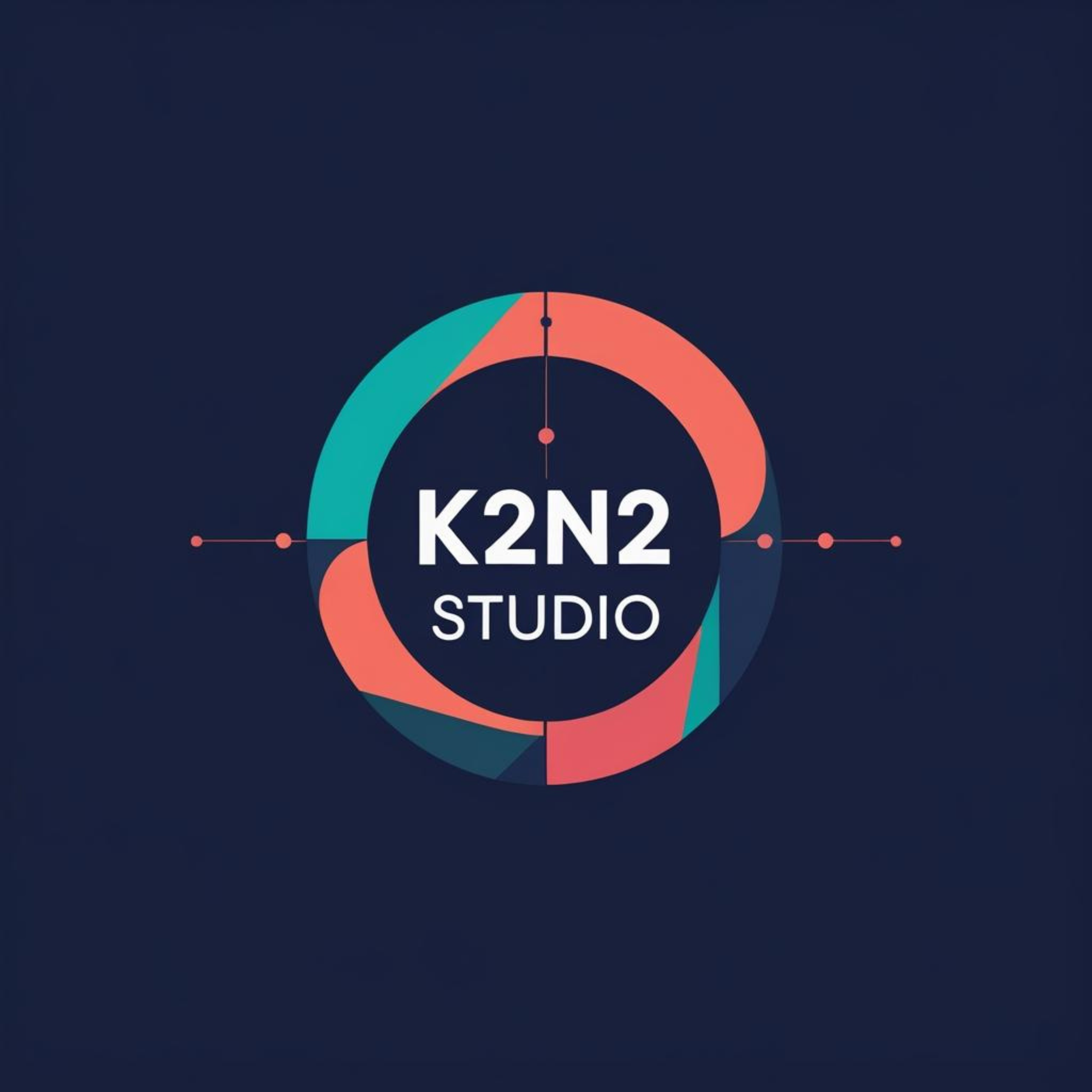Comet Plus Just Launched: Is This the Beginning of the End for Click-Based Publishing?
The comet has arrived: AI may finally end the reign of clicks?
Something potentially huge happened in the publishing world today, and most people missed it entirely.
This morning, Perplexity quietly launched Comet Plus—a $5 subscription that does something no major platform has tried before: it pays publishers not just when humans click their articles, but when AI systems cite their work or agents use their content to complete tasks.
I know that sounds incremental. It's not. This could be the first crack in a publishing economic model that's been breaking for years.
What Actually Launched Today
Here's what we know for certain about Comet Plus as of this morning:
- $5/month subscription for curated publisher content
- $42.5 million fund allocated for publisher compensation
- 80/20 revenue split with publishers getting the larger share
- Three types of traffic compensation: human visits, AI citations, and agent actions
- Launch partners include major publishers (specific list still emerging)
What we don't know yet—because it literally launched hours ago—is whether any of this will actually work. The economics are untested, the technical attribution system is unproven, and we have zero data on user adoption.
But the ambition here is worth paying attention to.
The Problem Everyone Knows But Nobody Talks About

The digital publishing industry has been running on borrowed time for years. The math simply doesn't work anymore.
Publishers are trapped in a vicious cycle: they need traffic to generate ad revenue, so they optimize for clicks rather than quality. This leads to headline clickbait, article fragmentation, and the slow degradation of journalism into engagement farming.
Meanwhile, AI systems are quietly extracting massive value from publishers' best work. Every time ChatGPT answers a question about climate change, it's drawing from months of reporting by journalists who see none of that value. Every time Claude explains a complex policy issue, it's synthesizing work from dozens of publications that generated no traditional metrics from that usage.
The scale of this value transfer is staggering, but it's been invisible because we've never had systems to track or monetize it.
Why This Matters More Than the $5 Price Tag Suggests
Comet Plus is really asking a fundamental question: if AI now mediates how we consume information, why are we still paying content creators like it's 2005?
The traditional model assumes information consumption looks like this: user searches → user clicks article → user reads content → publisher gets ad revenue.
But AI-mediated consumption looks like this: user asks question → AI scans dozens of sources → AI provides synthesized answer → user gets value, AI company gets subscription, publishers get nothing.
Today's launch represents the first mainstream attempt to capture and redistribute value in that second model.
The Technical Challenge (That Nobody Has Solved Yet)
Here's what makes this experiment fascinating: the technical complexity is enormous, and Perplexity is essentially figuring it out in real-time.
How do you fairly attribute value when an AI response draws from fifteen sources? Should The Wall Street Journal get the same compensation as a smaller publication if both are cited equally? What about when agents use six-month-old reporting to inform today's recommendations?
These aren't just technical questions—they're philosophical ones about the nature of information value. And as of today, nobody has good answers.
What Publishers Are Actually Getting Into
I suspect most publishers signing up for Comet Plus today are making a calculated bet rather than a confident investment. The revenue potential is completely unknown, the attribution system is untested, and the long-term viability depends on subscription growth that may or may not materialize.
But the alternative—continuing to watch AI systems monetize their content without compensation—is arguably worse.
Publishers joining today are essentially becoming beta testers for a new economic model. That's risky, but it might be necessary.
The User Proposition (If It Works)

For subscribers, the promise is compelling: curated access to quality journalism without the typical trade-offs of paywalls, intrusive advertising, or clickbait optimization.
Whether that promise delivers depends entirely on execution. Can Perplexity actually provide a better information experience than direct publisher websites? Will the AI-mediated interface feel natural or frustrating? Does $5/month feel reasonable for what amounts to partial access to multiple publications?
We'll know within weeks, not months.
The Sustainability Question Mark
Let's be honest about the math: $42.5 million sounds impressive until you realize it needs to fund an entirely new economic model. That's bootstrap money, not long-term sustainability.
The real test is whether Comet Plus can attract enough subscribers to make the revenue split meaningful for publishers. At $5/month with 80% going to publishers, you need massive scale to generate significant per-publisher payments.
If this experiment fails, it won't be because the idea was wrong—it'll likely be because the economics couldn't reach sustainable scale fast enough.
Why Everyone Should Be Watching This Experiment
Comet Plus matters because it's the first serious attempt to solve what I think will be one of the defining economic challenges of the AI era: how do you fairly compensate knowledge creators when AI systems mediate information consumption?
This isn't just a publishing problem. Enterprise knowledge bases, research institutions, educational content creators—everyone who produces information that AI systems can leverage faces the same fundamental challenge.
Today's launch is essentially a real-world test of whether usage-based compensation can work at scale.
The Competitive Response (That Hasn't Happened Yet)

Google, Microsoft, and Apple are undoubtedly watching this launch closely. If Comet Plus gains traction, expect competitive responses within months.
The question is whether Perplexity can sign enough high-quality publishers and attract enough subscribers before the tech giants mobilize their vastly superior resources. First-mover advantage is real, but it's not insurmountable when you're competing against companies with billions in cash.
Three Ways This Could Play Out
Scenario 1: It Works
Subscribers find real value in the curated experience, publishers see meaningful revenue, and other platforms adopt similar models. We begin transitioning from an attention economy to a knowledge economy.
Scenario 2: It Fails
User adoption remains low, publisher revenues are negligible, and the experiment quietly shuts down within 12-18 months. Traditional advertising continues dominating, and the fundamental problems remain unsolved.
Scenario 3: It Iterates
The initial model has significant flaws, but it proves the concept and establishes a precedent. Multiple iterations and competitive responses eventually produce workable solutions.
I'm betting on scenario three, but honestly, we're all guessing at this point.
The Bottom Line
Comet Plus launched today with a simple premise: if AI systems extract value from published content, publishers should share in that value.
Whether this specific implementation succeeds or fails, the underlying question isn't going away. The traditional model of clicks-for-revenue is breaking down as AI mediates more information consumption. Someone needs to figure out sustainable alternatives.
Perplexity might not have the perfect solution, but at least they're trying to build something new rather than just optimizing the broken system we have.

For publishers tired of clickbait economics and readers frustrated with fragmented, ad-heavy content experiences, today's launch represents hope for something better. Whether that hope is justified depends on the execution we haven't seen yet and adoption patterns we can only guess at.
But after years of everyone acknowledging the problem while nobody attempted solutions, at least someone is finally taking a real swing at fixing it.
The experiment starts now.
This analysis is based on publicly available information about Comet Plus as of its launch day, August 25, 2025. All projections about success, failure, or competitive responses are speculation based on limited data.
